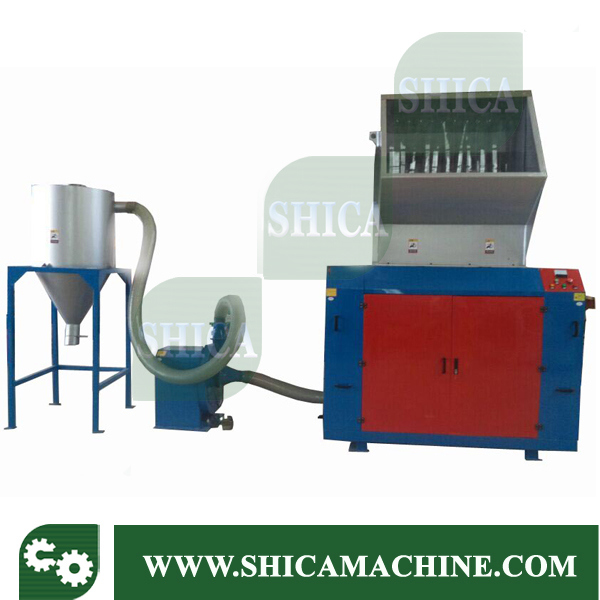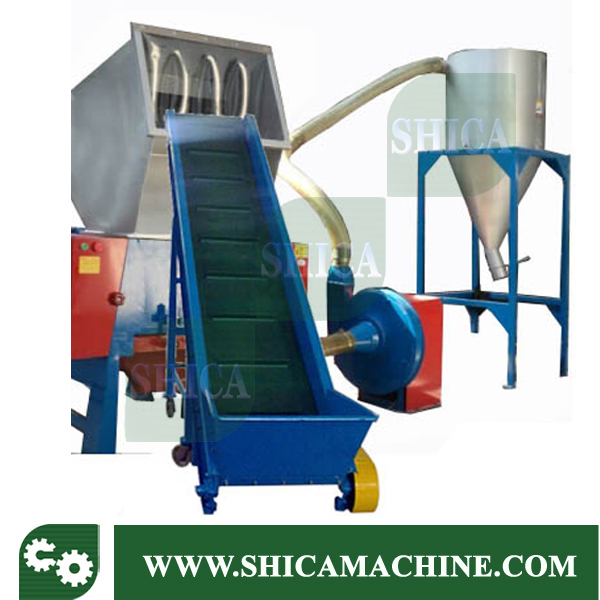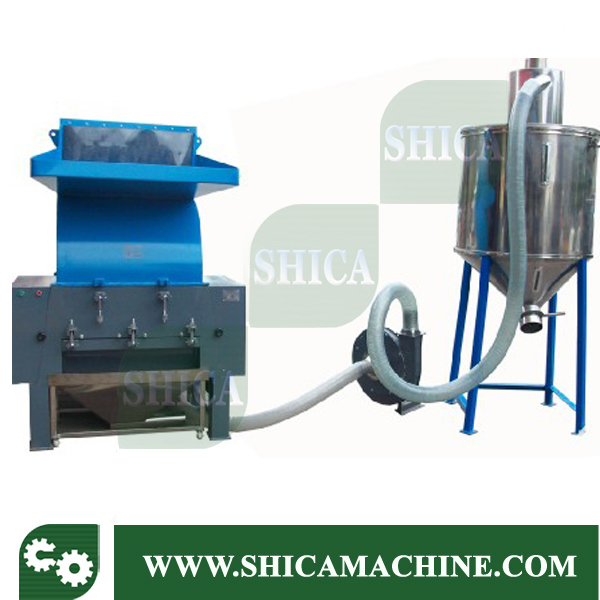Bicycle brakes may be rim brakes, in which friction pads are compressed against the wheel rims; hub brakes, where the mechanism is contained within the wheel hub, or disc brakes, where pads act on a rotor attached to the hub. Most road bicycles use rim brakes, but some use disk brakes. Disc brakes are more common for mountain bikes, tandems and recumbent bicycles than on other types of bicycles, due to their increased power, coupled with an increased weight and complexity. Bicycle Disc Brakes, Bicycle V-Brake, Bicycle Brake Set, Bicycle Brake Disc Hangzhou Datasports Equipment Co.,Ltd(Oembicycle) , https://www.oembicycle.com
Plastic Crusher
1. The Blade material is 6CrSi.Â
   Also can do SKD-II according to clients demands.Â
2.Severa; security protection devices to ensure safe operation.Â
Model
FC400
FC-500
FC-600
FC-620
FC-700
FC-800
FC-820
FC-900
FC-1000
FC-1200
Crushing Chamber(mm)
410*275
500*300
600*320
620*30
710*460
810*460
810*520
910*520
1020*650
1220*1000
Crushing Ability(kg/h)
300-400
500-600
550-650
600-700
700-800
800-900
900-1000
900-1000
1000-1200
1000-1200
Stationary Cutter
2
2
4
4
4
4
4
4
4
4
Rotary Cutter
12
15
18
18
21
24
24
27
30
30
Power(HP)
10
15
20
30
30
40
50
60
75
100
Blade Material
6CrSi
Dimensions (cm)
114*87*131
135*101*146
158*113*168
158*113*168
180*127*178
220*140*220
220*160*218
220*160*218
220*170*228
220*190*238
Net weight(kg)
420
650
820
900
1000
2100
2300
2350
2400
2500



Â
A front disc brake, mounted to the fork and hub
With hand-operated brakes, force is applied to brake levers mounted on the handlebars and transmitted via Bowden Cables or hydraulic lines to the friction pads, which apply pressure to the braking surface, causing friction which slows the bicycle down. A rear hub brake may be either hand-operated or pedal-actuated, as in the back pedal coaster brakes which were popular in North America until the 1960s.
Track bicycles do not have brakes, because all riders ride in the same direction around a track which does not necessitate sharp deceleration. Track riders are still able to slow down because all track bicycles are fixed-gear, meaning that there is no freewheel. Without a freewheel, coasting is impossible, so when the rear wheel is moving, the cranks are moving. To slow down, the rider applies resistance to the pedals, acting as a braking system which can be as effective as a conventional rear wheel brake, but not as effective as a front wheel brake.